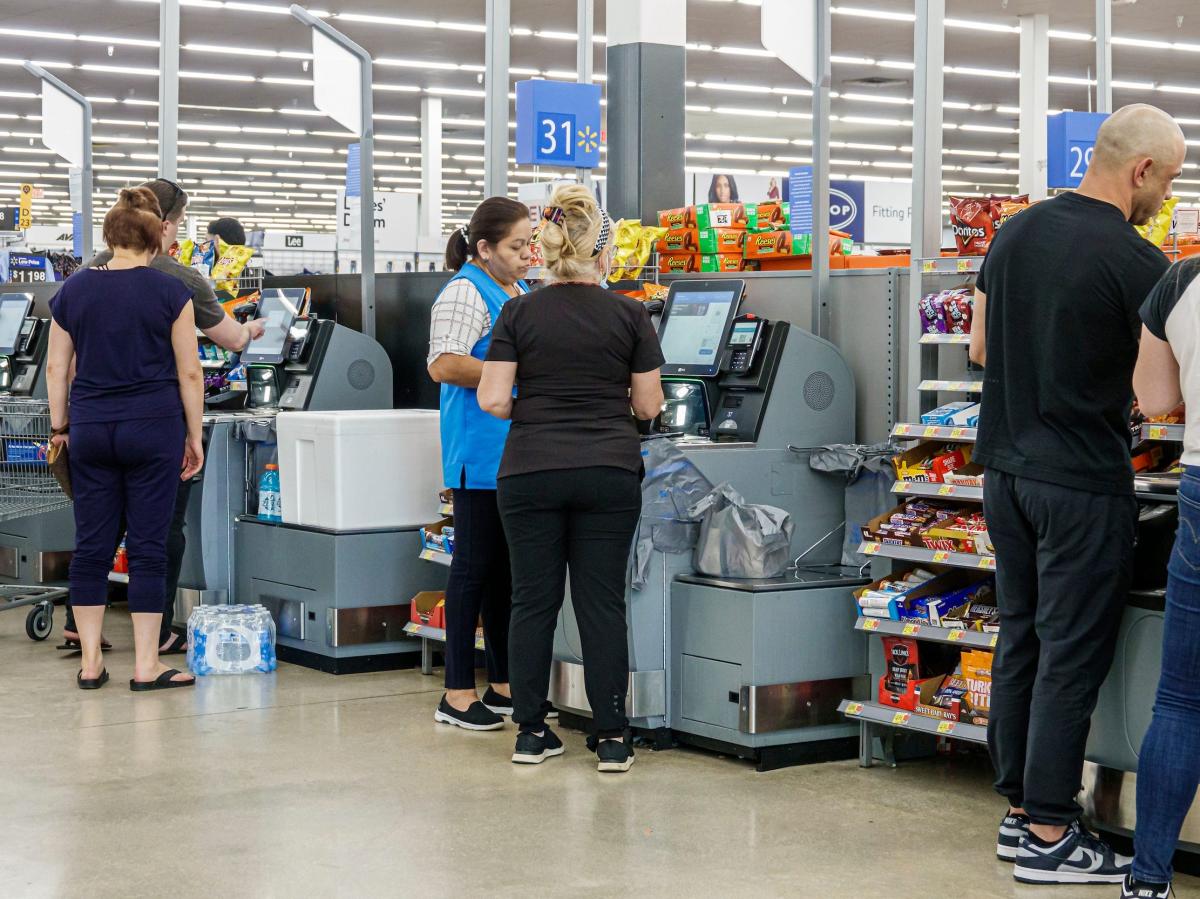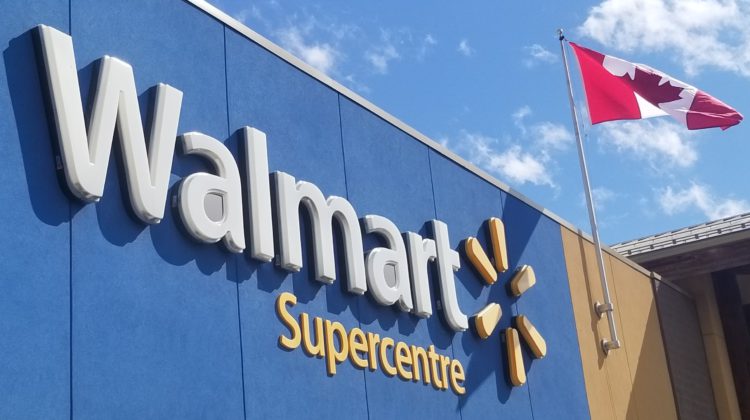Walmart has recently incorporated a buy now, pay later option into its self-checkout registers, allowing customers instant loans of up to $4,000. While touted as a convenient alternative to credit cards, financial experts are raising concerns about the risks associated with such services, exemplified by Affirm and Klarna. These buy now, pay later options, perceived as debt magnets, allow users to divide purchase costs into interest-free installments. Despite their appeal, experts warn of potential pitfalls, urging caution among consumers.

Risks of Instant Borrowing
The addition of Affirm to Walmart’s self-checkout registers in December 2023 has stirred controversy, with financial experts highlighting the potential escalation of debt. The lack of centralized monitoring for such borrowing could lead to the accumulation of ‘phantom debt,’ potentially inflating household debt levels beyond traditional measures, warns Wells Fargo economist Tim Quinlan.
Social media reactions to Walmart’s move reflect public skepticism, with users expressing concern about the consequences of offering widespread financing options. Critics worry about the increased propensity for Americans to accrue more debt, questioning the overall impact on individual finances.
While buy now, pay later services like Affirm and Klarna are not currently reported to major credit agencies, experts note the surge in their usage as consumers look for alternatives to credit cards. With credit card debt at a ten-year high in the U.S., the debate intensifies over whether these new financial services truly offer a responsible and beneficial alternative.
READ ALSO: Growing Appeal: Dealers Embrace 2024’S IRA EV Tax Credits
The Appeal and Controversy
Companies like Affirm and Klarna argue that their loans, unlike traditional credit cards, come with 0% interest, making them more consumer-friendly. Klarna’s founder emphasizes fixed installments and zero interest, attracting customers who prefer thoughtful spending. Amidst rising credit card debt levels, these services aim to present a viable and attractive option for consumers.
While the debate continues over the benefits and risks of buy now, pay later services, Walmart’s move reflects a growing trend in retail. However, the cautionary stance from financial experts and public skepticism highlight the need for a balanced understanding of the implications of such financial innovations. As the landscape evolves, concerns persist about the potential impact on individual financial well-being and the broader economy.




